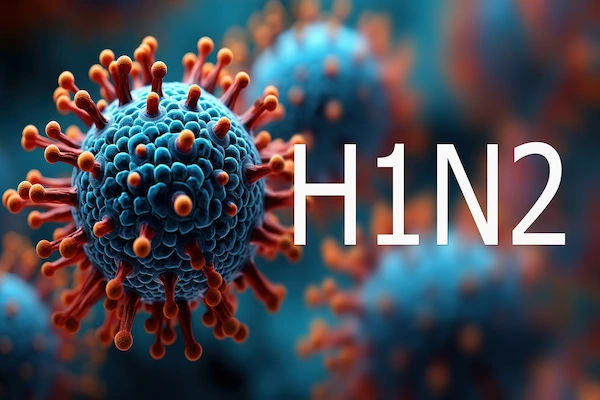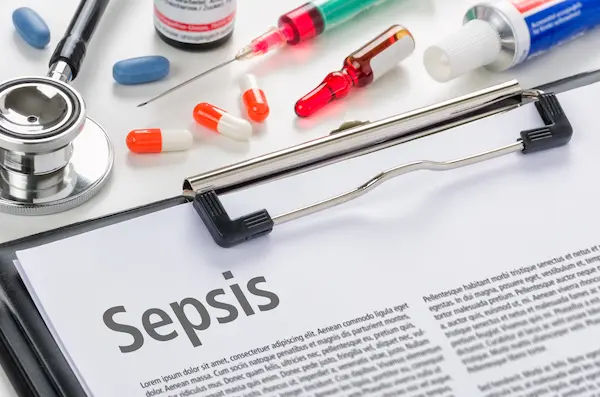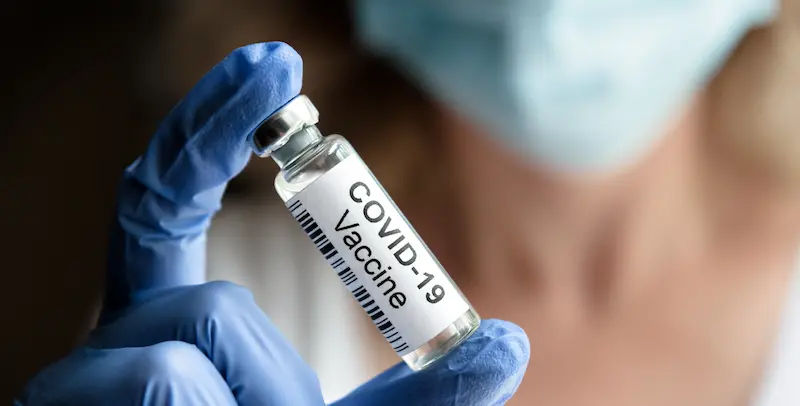- male
- 30 Years
- 31/03/2021
How do infectious diseases spread?
Answered by 1 Apollo Doctors
Infectious diseases can spread in a variety of ways: through the air, from direct or indirect contact with another person, soiled objects, skin or mucous membrane, saliva, urine, blood and body secretions, through sexual contact, and through contaminated food and water.
Dr. Shubham Suggests...
Consult a Infectious Disease specialist
Answered 04/07/2025
0
0

Ask Apollo
AI powered Health Chatbot
-
What Are Infectious Diseases?
- Infectious diseases are caused by microorganisms like bacteria, viruses, fungi, or parasites.
-
Common Ways Infectious Diseases Spread
- Direct Contact: Through touching, kissing, or sexual contact.
- Indirect Contact: Via contaminated surfaces or objects.
- Droplet Spread: Coughs and sneezes release droplets carrying germs.
- Airborne Transmission: Tiny particles linger in the air, infecting others.
- Vector-borne Transmission: Insects like mosquitoes or ticks carry diseases.
- Food and Water: Contamination leads to infections through consumption.
-
Preventive Measures
- Practice basic hygiene like handwashing.
- Get vaccinations to protect against certain infections.
- Maintain safe food and water habits.
- Avoid close contact with sick individuals.
-
When to Seek Medical Advice
- Recognize symptoms that may require a doctor's evaluation.
- Early diagnosis and treatment are crucial.
-
Relevant Medical Specialties
- Infectious Disease Specialists and General Practitioners manage these conditions.
Recommended next steps
Consult a Infectious Disease specialist or Consult a General Physician/ Internal Medicine Specialist
Answered 20/08/2025
0
0

More Infectious Disease Health Queries
View allHey, I've got a question about the P24 antigen antibody test. If I take it a month after possible exposure, will the results be conclusive for HIV, or should I consider getting another type of test too? I'm anxious to know how accurate it really is at that point.
The P24 antigen-antibody duo test is highly accurate when done after one month of potential exposure, as it detects both the HIV virus and antibodies. However, for a conclusive result, it's recommended to confirm with a follow-up test, such as the HIV RNA PCR test or another antibody test, at 3 months post-exposure.
Answered by 1 Apollo Doctors
I'm really concerned about my mom. She was diagnosed with bone TB and she's been taking AKT4 daily for the past three months. Lately, she's been experiencing some pretty uncomfortable side effects, like vomiting and nausea. I'm wondering if there's a specific diet she should follow or any alternatives that might help ease these symptoms? Any advice or suggestions would be greatly appreciated.
-For bone TB treatment with AKT-4, it's important to focus on a nutrient-rich diet to support her immune system. She should eat small, frequent meals to reduce nausea, and include easily digestible foods like soups, smoothies, and plain rice. Ginger tea o
Answered by 1 Apollo Doctors
Can dengue happen twice?
Whenever there is a mosquito bite and spread of the Dengue virus, there is a chance of Dengue infection. There is no life-long immunity post first infection
Answered by 1 Apollo Doctors
Disclaimer: Answers on Apollo 247 are not intended to replace your doctor advice. Always seek help of a professional doctor in case of an medical emergency or ailment.





